Bringing souls together
The guests participating in this year's Vietnam-Korea Literary Exchange program are poets Khanh Chi and Le Thieu Nhon; from Korea is poet Ra Heeduk, author of several poetry collections, such as: Remembering Those Lights, Poetry and Materiality, That Place Is Not Far Away, The Possibilityist, A Plate of Poetry, Those Words Color the Leaves…
This is poet Ra Heeduk's fourth visit to Vietnam and her second to Ho Chi Minh City. Her most recent visit was in June of this year, when she participated in a student exchange program at a literary event held in Da Nang .
According to poet Ra Heeduk, participating in the third Vietnam-Korea Literary Exchange program is a valuable opportunity to meet Vietnamese colleagues and colleagues from around the world , thereby helping writers understand each other better.
"I sense very clearly that the position and standing of poets, regardless of their country, is gradually shrinking. However, through exchanges like this, poets like us have found common ground and forged friendships that transcend borders and language," poet Ra Heeduk expressed.
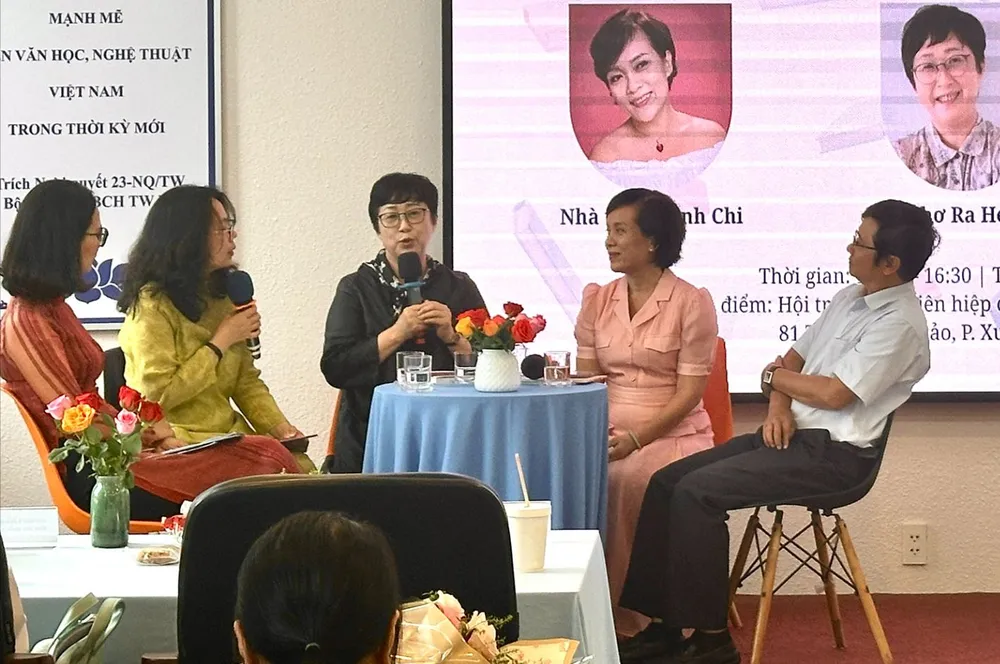
Previously, the Ho Chi Minh City Writers Association also organized an exchange program between authors from Ho Chi Minh City and writer Dong Tay - a prominent contemporary author of Chinese literature. During the program, sharing about the connection through literature, writer Dong Tay suggested that each writer should write stories set in the places where they live, reflecting the local culture. This is similar to how he and other writers in Guangxi (China) often write about that region.
"Guangxi Province also has customs and traditions quite similar to Vietnam, so the stories we write easily resonate with Vietnamese readers," writer Dong Tay shared.
The key is translation.
In the context of promoting and sharing literary works internationally, one of the key issues is translation. According to translator Hien Nguyen, President of the Literary Translation Council of the Ho Chi Minh City Writers Association, translation is also a creative process, aiming to touch the hearts of the recipients, enabling them to understand and empathize with the work. Doing translation well is not simply about translating a work, but also about building a bridge to connect cultures, and even further, connecting the souls of readers.
"Therefore, in a way, it can be said that literature is a diplomatic gateway, helping nations to come closer together," translator Hien Nguyen stated.
For a long time, poetic exchanges between Vietnam and South Korea have remained at a superficial level, mainly consisting of jointly published anthologies with each author contributing one or two poems. According to poet Le Thieu Nhon, Head of the Young Writers' Committee of the Ho Chi Minh City Writers' Association, this only provides a handshake; understanding each other through such a joint anthology is not yet possible. Therefore, he suggests that instead of fragmented and small-scale exchanges, we should select a representative author and translate their work into an anthology, helping the public better understand their style, thoughts, voice, and soul.
According to poet Le Thieu Nhon, translating from Vietnamese to Korean is still somewhat difficult, so South Korea could take the lead. Each year, they could introduce a number of authors, each with a collection of works, so that Vietnamese readers can understand how Koreans think.
"I believe that Vietnamese readers can easily accept contemporary Korea. This is because Vietnam and Korea share many cultural similarities, especially the poets' concerns about human dignity in this era," shared poet Le Thieu Nhon.
“Recently, with the numerous major awards it has won, Korean literature has somewhat established its position on the world literary map. To achieve this, the role of translation is extremely important. Literary appreciation has no barriers, and translation will be an essential bridge to bring the literary values of a country to the world,” shared poet Ra Heeduk.
Source: https://www.sggp.org.vn/canh-cua-ngoai-giao-tu-van-hoc-post805893.html



![[Photo] Prime Minister Pham Minh Chinh receives the Governor of Tochigi Province (Japan)](/_next/image?url=https%3A%2F%2Fvphoto.vietnam.vn%2Fthumb%2F1200x675%2Fvietnam%2Fresource%2FIMAGE%2F2025%2F12%2F16%2F1765892133176_dsc-8082-6425-jpg.webp&w=3840&q=75)
![[Live] 2025 Community Action Awards Gala](/_next/image?url=https%3A%2F%2Fvphoto.vietnam.vn%2Fthumb%2F1200x675%2Fvietnam%2Fresource%2FIMAGE%2F2025%2F12%2F16%2F1765899631650_ndo_tr_z7334013144784-9f9fe10a6d63584c85aff40f2957c250-jpg.webp&w=3840&q=75)
![[Photo] Prime Minister Pham Minh Chinh receives Lao Minister of Education and Sports Thongsalith Mangnormek](/_next/image?url=https%3A%2F%2Fvphoto.vietnam.vn%2Fthumb%2F1200x675%2Fvietnam%2Fresource%2FIMAGE%2F2025%2F12%2F16%2F1765876834721_dsc-7519-jpg.webp&w=3840&q=75)

![[Image] Leaked images ahead of the 2025 Community Action Awards gala.](/_next/image?url=https%3A%2F%2Fvphoto.vietnam.vn%2Fthumb%2F1200x675%2Fvietnam%2Fresource%2FIMAGE%2F2025%2F12%2F16%2F1765882828720_ndo_br_thiet-ke-chua-co-ten-45-png.webp&w=3840&q=75)
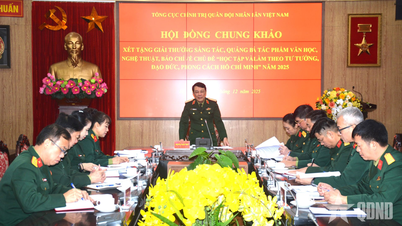

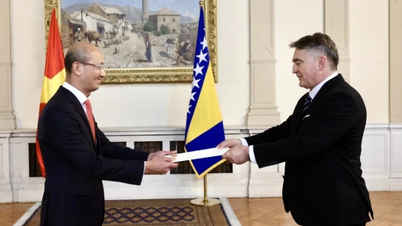

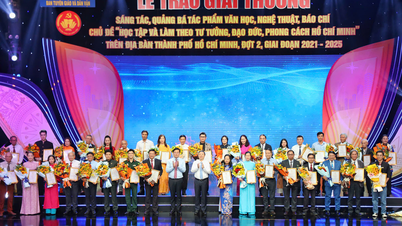
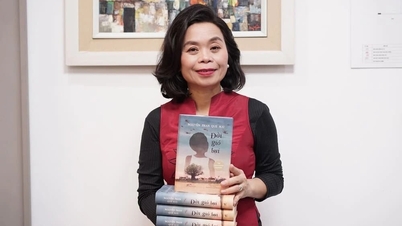


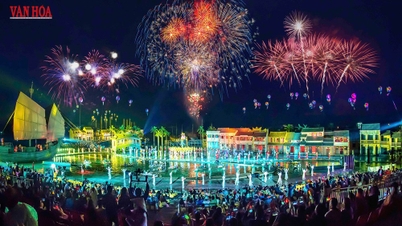







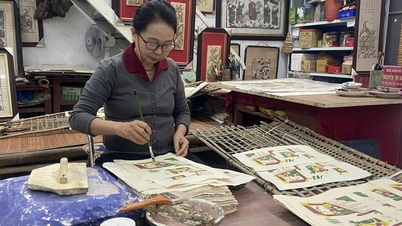













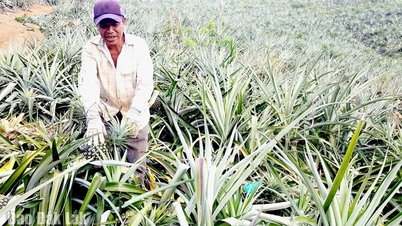







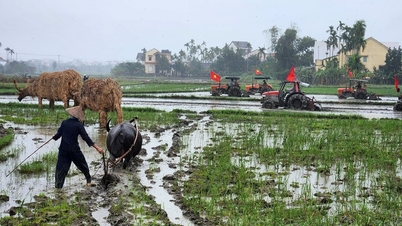



































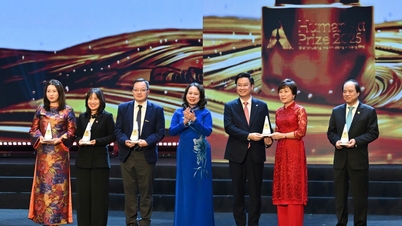



























Comment (0)